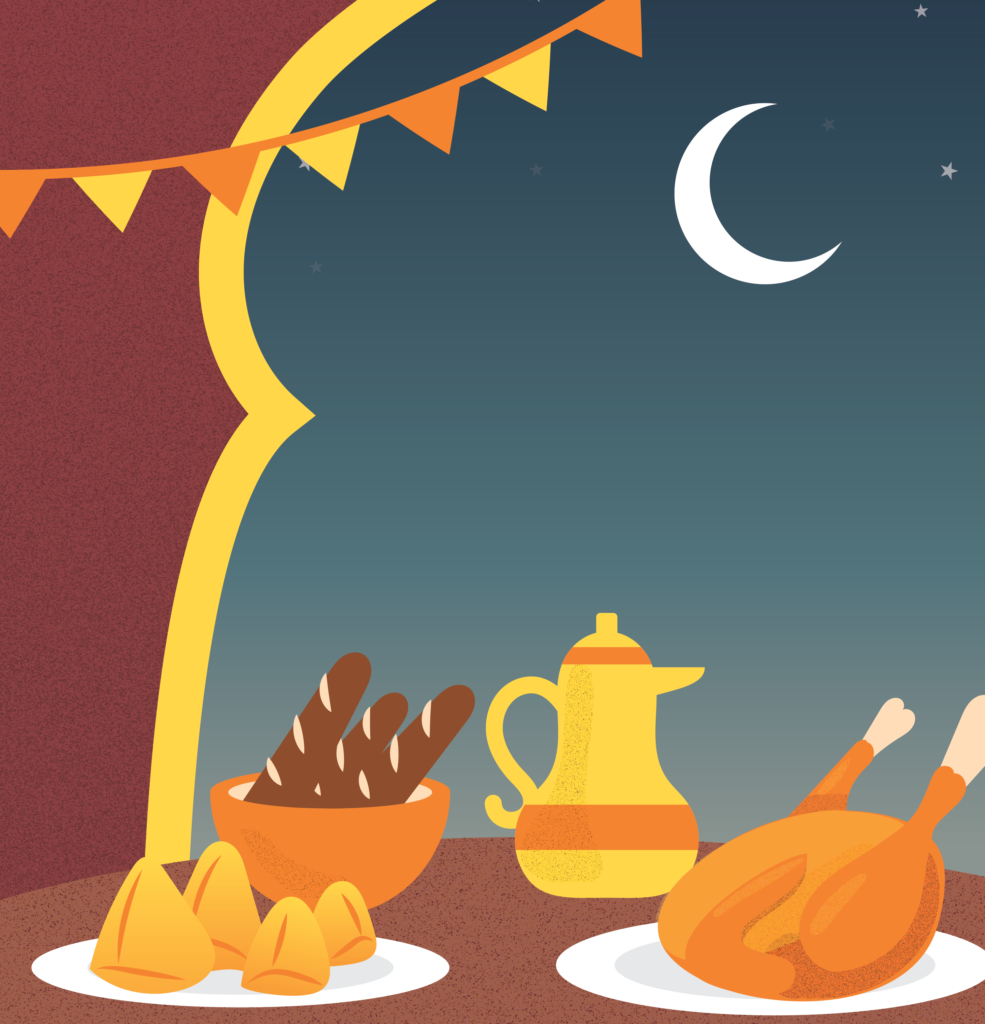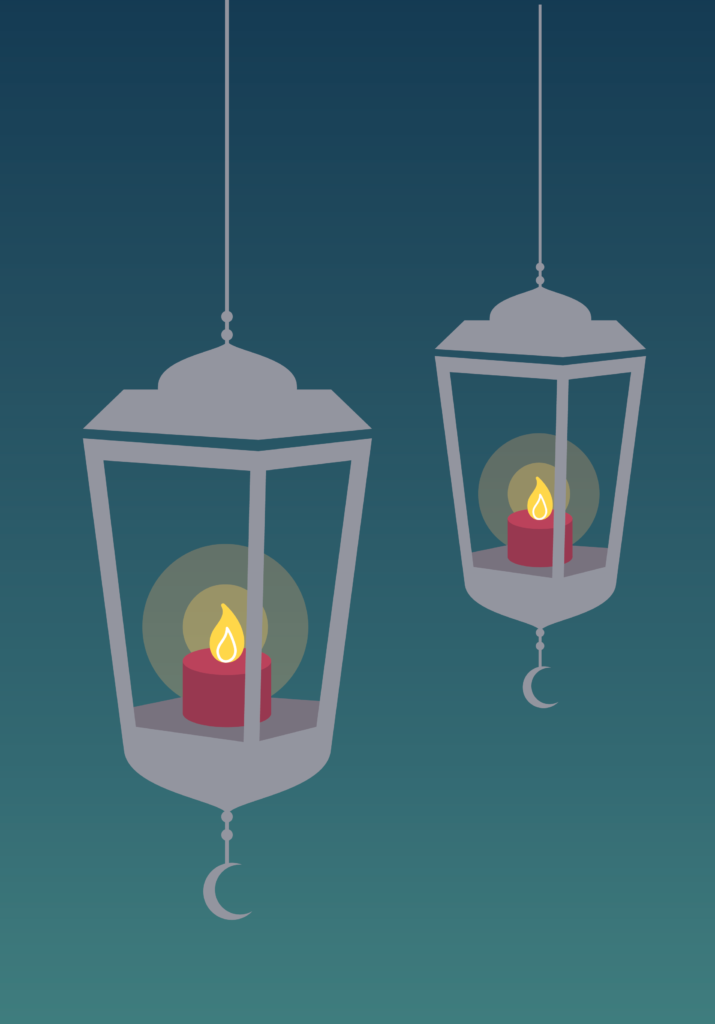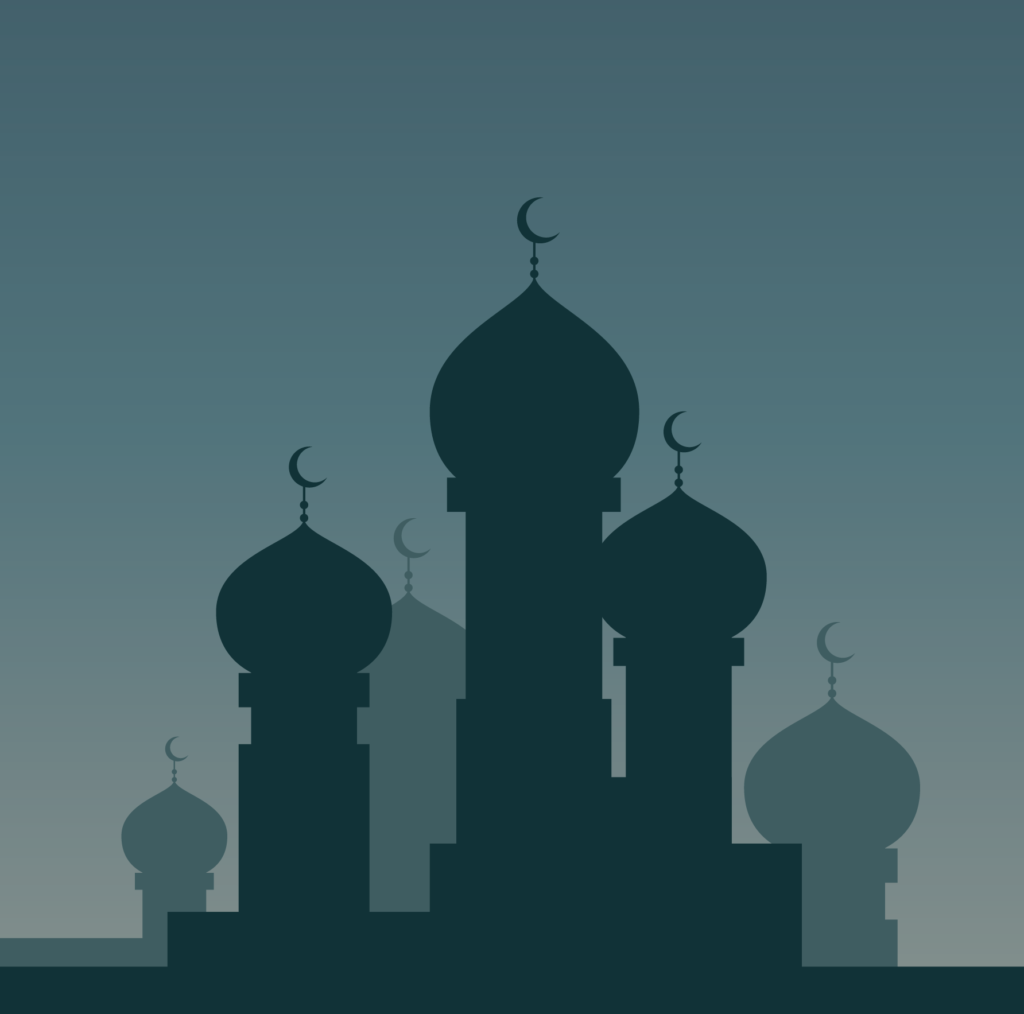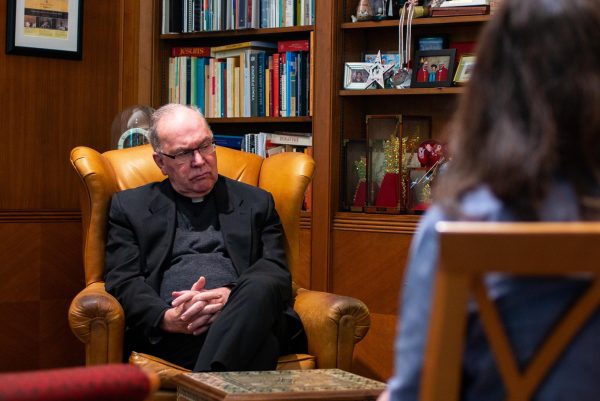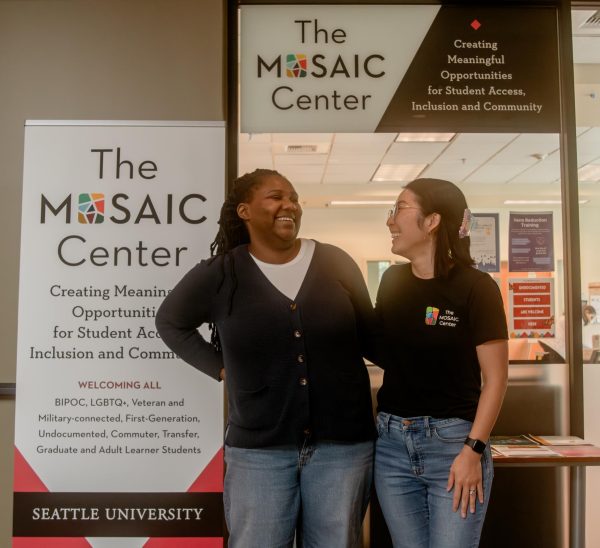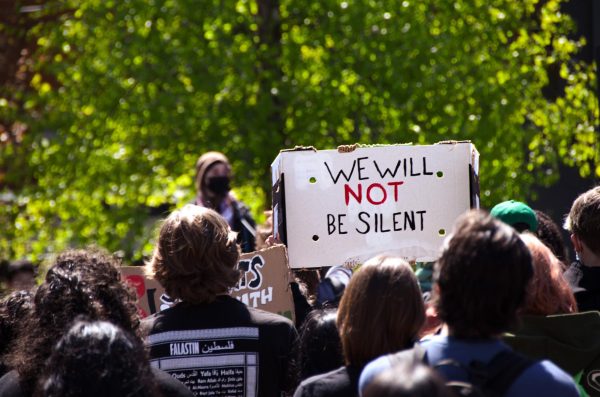Ramadam Kareem! Muslim Students Reflect on Fasting in College
The first morning during Ramadan, I woke up 10 minutes before dawn. As I realized I slept through my alarm, I scrambled to microwave my leftover Panwa Thai before suhoor was over. This is a story that is all too familiar for many fasting Muslim college students—especially those away from home without family members making noise in the kitchen.
Ramadan is the ninth month in the Islamic calendar where Muslims all over the world fast from dawn until sunset. As the Islamic calendar is based on the lunar cycle, the month varies between 29 and 30 days. The month’s significance stems from the Muslim belief that the first day of Ramadan was when the Quran was revealed to Prophet Muhammad.
Ramadan is also one of the Five Pillars of Islam. The Five Pillars of Islam are comprised of specific integral responsibilities that Muslims practice as part of their faith. Although fasting is a Pillar of Islam, many people do not fast for various reasons, such as illness, pregnancy, old age, and traveling.
When fasting during Ramadan, Muslims refrain from eating food and drinking liquids. Additionally, since the month is also used to strengthen spirituality, Muslims also try to refrain from negative behaviors, such as cursing, insulting, lying, and gossiping. As this is a time for spiritual and religious reflection, Muslims put more effort into more intentionally practicing Islam. This is all to better ourselves as human beings and to cleanse our soul from things that may be harming us.
The morning meal that Muslims eat before dawn to prepare for the day of fasting is called suhoor, and the meal wherein we break our fast at sunset is called iftar. Ramadan is a month that is heavily based on community, and as a result, these meals are usually eaten with friends or family.
Ariana Dennis, a second-year international studies student spoke to the difficulties of eating the pre-dawn meal away from home. At home, she shares the meal with family, and navigating her home that early in the morning is comfortable—a contrast to how she eats suhoor here at college.
“Waking up and eating suhoor is a tiptoeing process, because I don’t want to wake up my roommates,” Ariana said.
Although Ramadan is a communal experience, many Muslims take a personal approach to the month by setting goals for and towards their religious commitments. Ariana reflected on how she and her family define the meaning of Ramadan, taking a spiritual approach to the month.
“My mom always taught me to appreciate what we have, and that Ramadan is not supposed to be a time of hardship,” Ariana said. “It’s a time to connect with our spirituality and Allah, and to have a community to connect with.”
Additionally, Ramadan teaches Muslims how to practice self-control and self-discipline as well as increase our empathy for humankind. In fact, another Pillar of Islam is Zakat, a form of charity where Muslims who are able to pay do so in order to assist those who are less fortunate. A form of Zakat is usually paid at the end of Ramadan as part of the efforts to increase practicing the religion.
At the end of the month, there is a large celebration and holiday called Eid al-Fitr, or the Festival of Breaking the Fast. This holiday consists of praying at the mosque and having parties, family gatherings, and several feasts of food. Similar to the month of Ramadan, Eid al-Fitr is heavily based on community and surrounding oneself with family and friends.
For a lot of Muslims, such as myself, a community is something that they lack during the month of Ramadan here at Seattle University. Eating my meals alone in my dorm is a dramatic contrast to how my family and friends usually celebrate Ramadan at home. At home, my mother and I would cook food and desserts for the family together. At sunset, we would spread our dining table cloth on our living room carpet and load the plates of food all over it as we finally broke our fast.
Preparing to write this article meant that I needed to speak with other Muslim students at Seattle U to get a rounded account on how it feels like to fast at a place that’s not home. Understandably, it was difficult to set meetings with people—classes are too long and people are hungry and exhausted. This prompted me to think: What is Seattle U doing to accommodate students who are fasting for Ramadan?
“Until I came to SU, I would always celebrate Ramadan with my family… Here, you have to make your own family.”
Personally, this quarter, my days are quite long. Halfway through my last classes of the day, I can feel myself dozing off and ready to take a nap. A current frustration of mine during this month of Ramadan is with the Cherry Street Market hours, which I share with a few other fasting Muslims who live on campus. The sunset occurs anywhere between 8:30 p.m. to 9 p.m. this Ramadan, but Cherry Street Market closes at 8 p.m.
“Seattle University has good intentions, and they even sent out that email about Ramadan,” Ariana said.
“It would be nice if they extended C-Street hours or had other options or accommodations for people that have to be on the meal plan.”
Although some fasting Muslims have received recognition, support, and certain accommodations from individual professors and classes, students would still be interested in seeing greater efforts being made to support the Muslim community on campus, especially during a month that can feel so hard and draining when practicing away from home.
For many fasting Muslims during Ramadan, food and community are inherently linked. Being away from home in college severs you from family and community in many ways, and young fasting Muslims tend to feel this severance when observing Ramadan as a college student. Because of this, it’s very easy to feel isolated from the people that make Ramadan fulfilling. Jenna Abbassi, a junior social work student, shared similar sentiments.
“Until I came to SU, I would always celebrate Ramadan with my family in Palestine,” Jenna said. “I feel like now, it’s more of a countdown. Here, you have to make your own family.”
Although there are few fasting Muslims on campus, it can be difficult to find people to share the month with. This Ramadan, Jenna is making sure to reach out to people and invite her friends and other fasting Muslims to break fast with her. By being open and honest about the struggles that she faces during Ramadan, she found herself able to cultivate a space in which she can feel comfortable.
Jenna extends a call to all other struggling Muslims that attend Seattle U to find each other so they do not have to feel alone while observing Ramadan in college.
“If you’re reading this and you’re Muslim and you’re fasting, let’s get together,” Jenna said. “I was you, I am you, let’s get together and build our own community.”
As I realized I slept through my alarm, I scrambled to microwave my leftover Panwa Thai before suhoor was over…
In writing this piece, I was able to speak with other Muslims on what fasting for Ramadan meant for them, and I am so grateful that they shared their stories with me. I felt a sense of interconnectedness between us when we discussed our similarities and differences, and it reminded me that there were ways for me to feel togetherness during Ramadan.
I find Ramadan to be the perfect time to do some personal and interpersonal reflections. I try to find time to sit down and meditate on my emotions, spirituality, and relationships and to determine if there is any room for religious growth—and I usually always do find that room.
As I said earlier, fasting in Ramadan can be a deeply personal experience. Even though I know this, it is very different knowing something and witnessing something, which is what this article allowed me to do. Jenna, Ariana, and I all have different ways in which we express our religion and spirituality, but I could feel the ways we were connected, too. To me, that is the meaning of Ramadan.
I want to reiterate Jenna’s statement from earlier: If you are a Muslim who is fasting on campus, and you feel like you are missing a community, please come find us. It is so easy to get caught up in the stress of school and fasting, and we all deserve time to sit and breathe and eat together. There are more of us than we think on this campus. All we need to do is find each other to support each other. Ramadan Kareem!
The editor may be reached at
[email protected]






